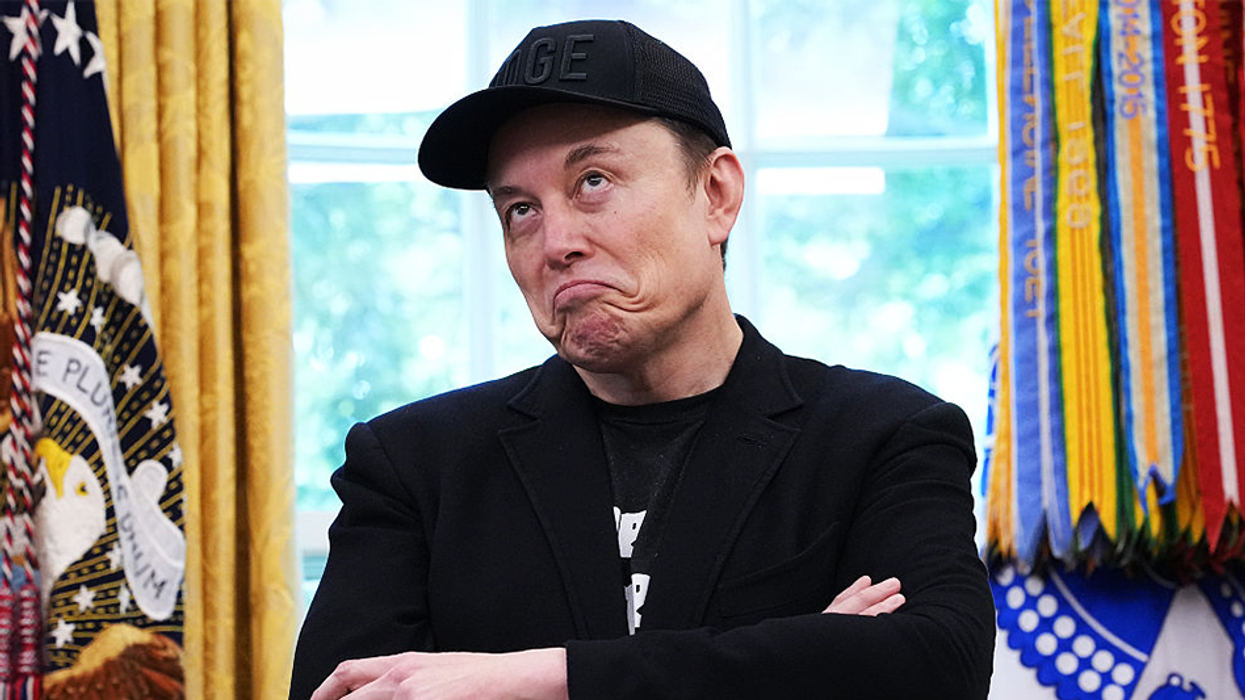The Senate unanimously passed a bill that would end or limit tariffs on 1,660 foreign imports to the United States. Nearly half of these imports come from China. A version of the bill has already unanimously passed the House of Representatives.
What are the details?
The bill passed the Senate without a debate. Its supporters argued that the items covered by this new legislation are no longer produced in the United States anyway. Out of the 1,660 products covered, only 145 have versions currently being made in the United States.
“It makes no sense because it is a direct and punishing tax on making things in America and for creating jobs in America,” Jay Timmons, the president of the National Association of Manufacturers, said in a statement. According to the National Association of Manufacturers, American companies spend $1 million a day on these tariffs.
Some of the products covered by this bill used to be made in the U.S. but have since had their production shifted overseas. For example, American company Hamilton Beach Brands Holding Co. was founded in Wisconsin and used to manufacture its appliances inside the U.S. Now the company makes its toaster ovens and other appliances in China. This bill would reduce the tariffs that the company pays to import those appliances back into the United States.
According to Reuters, almost half the products covered by this bill are made in China.
How does this impact Trump's tariffs?
President Donald Trump has championed tariffs in 2018, declaring in a tweet that "[t]ariffs are the greatest!" and crediting them with contributing to the good second quarter GDP report.
This bill does not undo any tariffs implemented by the Trump administration.
Trump's tariffs have been met by criticism by conservative lawmakers in the Senate and the House. On July 11, the Senate passed a symbolic resolution to limit the authority of any president to unilaterally declare tariffs.
What happens next?
The bill has not been signed into law yet. While a similar version of this legislation has passed the House, there are still differences between the two bills that need to be resolved before it can be sent to Trump.
The president has not publicly taken a stand on this particular legislation. If he did decide to veto this bill, Congress could override that veto with the votes of two-thirds of both houses. Since this legislation was passed unanimously, in order for an override to fail more than a third of either senators or members of Congress would have to change their votes.







